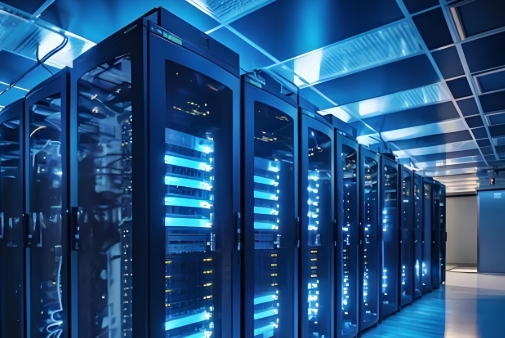Bare metal servers are physical servers where users can monopolize the computing resources of the entire server (CPU, memory, hard disk, network, etc.) and can freely install operating systems and software, similar to traditional physical servers, but usually have the elasticity and automated management capabilities of cloud computing.
Bare metal servers vs traditional servers
Bare metal servers have many similarities with traditional servers, but they differ in management methods, performance, virtualization support, etc.
Virtualization support: Bare metal servers can manually install virtualization software (such as KVM, VMware); traditional servers require enterprises to build them themselves
Management method: Bare metal servers are managed through cloud platforms or APIs and can be automatically deployed; traditional servers are managed by traditional IDCs and maintained manually
Deployment speed: Bare metal servers can be quickly deployed through cloud platforms; traditional servers require manual system installation, which is slower
Elastic expansion: Bare metal servers can be flexibly expanded in combination with cloud services; traditional servers expand more slowly

Advantages of bare metal servers
No virtualization layer, all computing resources are 100% available, suitable for high-load, high-computing-intensive applications (such as big data, AI, databases).
Exclusive use of resources to avoid the influence of neighboring tenants (no "neighbor noise" problem), suitable for enterprise-level applications with extremely high performance requirements.
You can install the virtualization environment by yourself to build a private cloud or hybrid cloud, which is suitable for industries with high data security requirements.
Combined with cloud API, it can be automatically deployed and elastically expanded, with the stability of physical servers and the flexibility of cloud servers
Applicable scenarios for bare metal servers
High-performance computing (HPC) such as AI training, deep learning, and big data analysis
Database and storage MySQL, PostgreSQL, Oracle and other databases with high performance requirements
Enterprise-level applications ERP, CRM, large-scale Web systems
Game servers provide low-latency and stable computing resources
Bare metal servers are a physical server solution that combines the high performance of traditional servers and the flexibility of cloud computing. It is suitable for businesses with high requirements for computing performance, data security, and stability, such as finance, AI, big data, etc. If you need exclusive server resources but want to have the elastic management capabilities of cloud computing, bare metal servers are a good choice.






